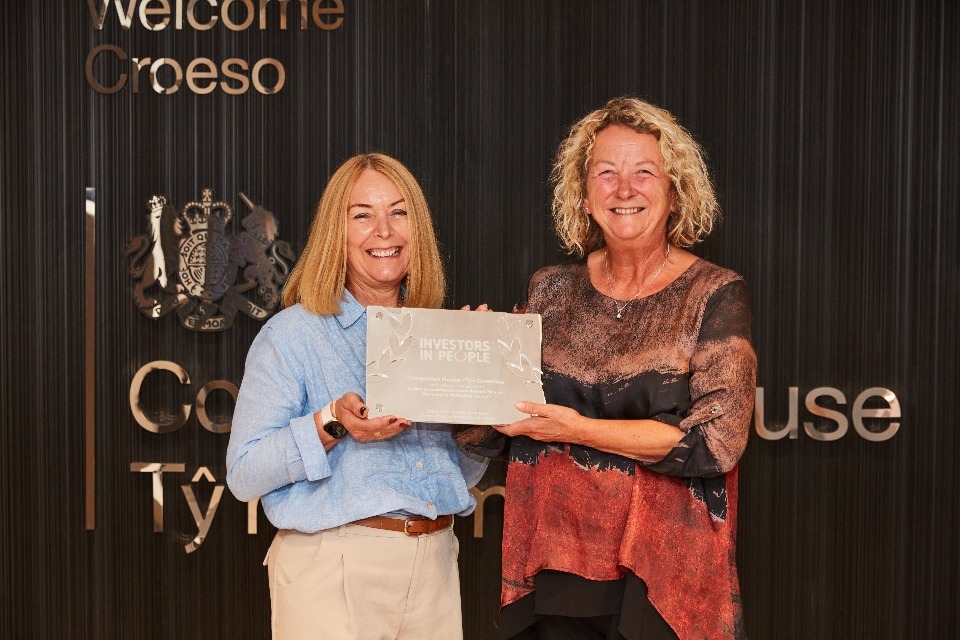The Medicines and Healthcare products Regulatory Agency (MHRA) has today, 16th September 2025, approved the medicine vorasidenib (Voranigo) to treat adults and children 12 years of age and older with certain types of brain tumours, known as grade 2 astrocytoma or oligodendroglioma with a susceptible isocitrate dehydrogenase mutation (IDH1 or IDH2).
The medicine is for patients who are not in need of immediate chemotherapy or radiotherapy following surgical intervention
Astrocytoma or oligodendroglioma with an IDH mutation is a type of brain tumour that starts in the glial cells of the brain and has a specific genetic mutation in the IDH1 or IDH2 genes. This mutation changes how the cells grow and can lead to an overproduction of a substance called 2-hydroxyglutarate (2-HG), which promotes tumour growth.
By blocking these proteins, vorasidenib, stops the abnormal production of 2 HG which helps to slow or stop the cancer from growing.
Vorasidenib has been approved through Project Orbis, a global partnership between the MHRA, and its regulatory counterparts in Australia, Canada, Singapore, Switzerland, Brazil, and Israel, coordinated by the US Food and Drug Administration (FDA). The programme reviews and approves promising cancer drugs, helping patients to access treatments more quickly.
Julian Beach, MHRA Executive Director, Healthcare Quality and Access, said
“Project Orbis opens access to safe and effective new cancer drugs for patients that need them, and we are assured that the appropriate regulatory standards for the approval of this medicine have been met.
“As with all products, we will keep the safety of this medicine under close review.”
Vorasidenib is taken as oral tablets once daily. The recommended dosage for adults is 40mg once daily, while for children aged 12 years and older, the dose is based on body weight. Patients weighing 40kg or more are recommended to take 40mg once daily, while those weighing less than 40kg should take 20mg once daily.
This approval is supported by evidence from a randomised, double-blind clinical trial involving 331 patients with IDH1- or IDH2-mutant grade 2 astrocytoma or oligodendroglioma. Patients receiving vorasidenib had significantly longer progression-free survival (27.7 months versus 11.1 months for placebo).
The most common side effects of the medicine (which may affect more than 1 in 10 people) include an increased amount of liver enzymes, abdominal pain, diarrhoea, tiredness, and a decreased amount of blood platelets.
As with any medicine, the MHRA will keep the safety of vorasidenib under close review.
Anyone who suspects they are having a side effect from a medicine are encouraged to talk to their doctor or another healthcare professional and report it directly to the Yellow Card scheme, either through the website (https//yellowcard.mhra.gov.uk/) or by searching the Google Play or Apple App stores for MHRA Yellow Card.
Notes to editors
-
The new marketing authorisation was granted on 16th September 2025, to Les Laboratoires Servier
-
More information can be found in the Summary of Product Characteristics and Patient Information leaflets which will be published on the MHRA Products website within 7 days of approval.
-
The aim of Project Orbis is to deliver faster patient access to innovative cancer treatments with potential benefits over existing therapies. For more information, see Project Orbis – GOV.UK
-
The Medicines and Healthcare products Regulatory Agency (MHRA) is responsible for regulating all medicines and medical devices in the UK by ensuring they work and are acceptably safe. All our work is underpinned by robust and fact-based judgements to ensure that the benefits justify any risks.
-
The MHRA is an executive agency of the Department of Health and Social Care.
-
For media enquiries, please contact the [email protected], or call on 020 3080 7651.






